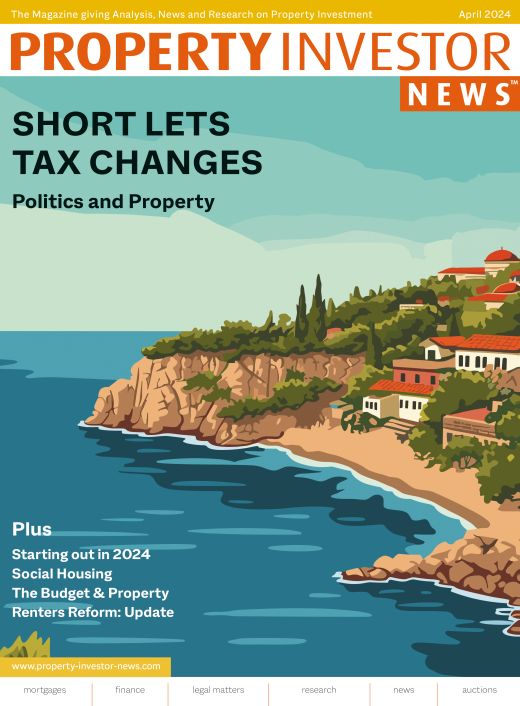Research by the Chartered Institute of Housing (CIH) has analysed the impact of government caps on Local Housing Allowance and it claims that 720,000 private rental homes in England will become unaffordable to housing benefit tenants, 60,000 in Scotland and 30,000 in Wales.
Tenants in London and the South-East will be hit hardest with a quarter of a million homes becoming unaffordable to housing benefit tenants in the region, says the CIH.
The new LHA caps restrict the maximum LHA payable to between £250 and £400 a week, depending on the number of bedrooms, with a top limit of four bedrooms.
The research also looked at the impact of setting LHA rates according to the lowest 30th percentile of local rents rather than the median 50%, which will be introduced from April this year. Effectively, this change means that less than one third of the private rental accommodation in given area will be available to rent by LHA tenants.
According to the CIH research, these changes will mean there will be more families claiming benefit than are available homes in some areas.
Wales is particularly badly affected with demand outstripping supply in 20 out of 22 council areas with some local authorities now facing situations where three people are chasing every affordable private home for let.
Private landlords have been under government led pressure to reduce their rents downwards to the level of the new caps, with in some cases in return then receiving LHA payments direct rather than via the tenants. Those tenants whose landlords have decided against reducing rents still have the choice – if they can afford it – of meeting the difference themselves, or moving elsewhere into cheaper accommodation.
Grainia Long, interim chief executive of CIH, warned: “Welfare reforms will see for the first time more people chasing homes than the market currently provides.
“The only feasible option for many families who want to stay in their communities will be to borrow more or to spend less on essential items such as food. This could mean that more than 1.3 million private tenants face the New Year with dread, confronted with an uncomfortable prospect of homelessness or debt.
“Low income families could move to more affordable areas, creating benefit ghettoes and resulting in increased social disorder and a breakdown in community cohesion.”
The monthly magazine providing news analysis and professional research for the discerning private
investor/landlord
























